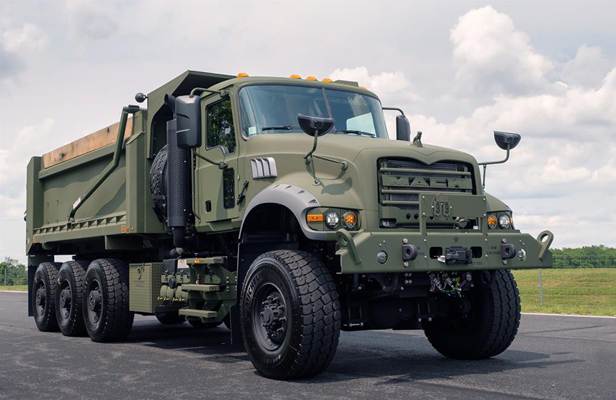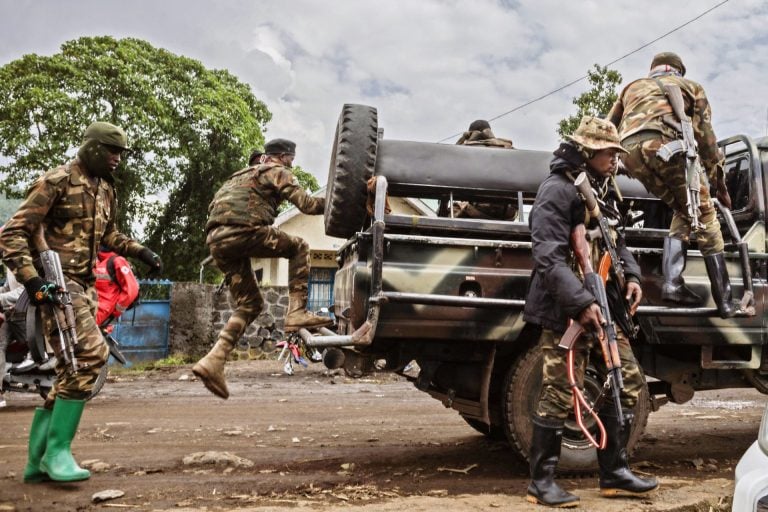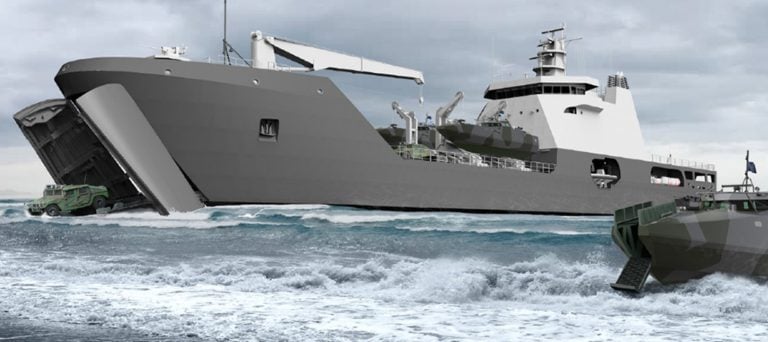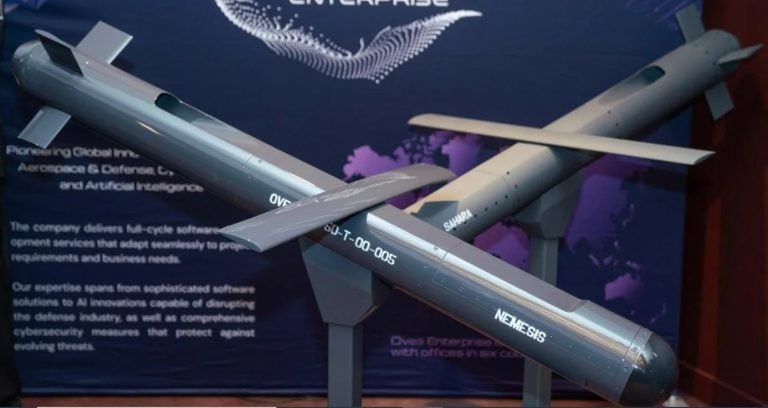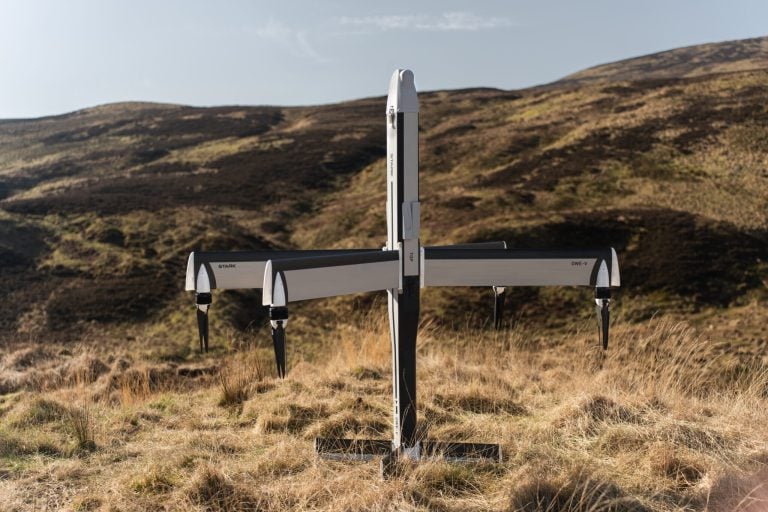The US Army has reinforced its commitment to enhancing tactical logistics and engineering capabilities with a recent order for 86 M917A3 heavy dump trucks from Mack Defense. This acquisition aims to augment the service’s expanding fleet of contemporary construction and transport vehicles, which are pivotal for a range of operations, from base development to vital battlefield recovery missions.
The M917A3 trucks, built on Mack’s Granite commercial platform, have been specifically modified to adhere to military standards. Key features include a reinforced chassis, all-wheel drive, enhanced suspension systems, and cab armor designed to provide protection in combat environments. These vehicles are capable of transporting up to 27 tons of material, making them essential for executing large-scale hauling and construction projects, particularly in challenging terrains.
This latest order is a continuation of the Army’s M917A3 Heavy Dump Truck program, which focuses on phasing out outdated M917 models that have been serving for decades. According to Mack Defense, the production of these new trucks will take place within its US-based manufacturing network and rely on an established supply chain to guarantee timely delivery and ongoing maintenance.
The initiative is part of a comprehensive strategy to modernize the Army’s tactical vehicle fleet, aiming to enhance battlefield mobility, cut down on maintenance costs, and standardize logistics throughout the armed forces. In recent years, the Army has made substantial investments in updated heavy dump truck variants and has broadened its family of medium tactical vehicles to incorporate models equipped with digital controls, improved payload capacities, and superior off-road performance.
In addition to the Army’s efforts, similar modernization initiatives are underway across other military branches, such as the US Marine Corps’ logistics vehicle system replacement and continued developments on hybrid-electric prototypes as part of the common tactical truck initiative. These collective efforts underline a significant commitment to advancing military logistics and operational efficiency through technological upgrades in vehicle design and functionality.
